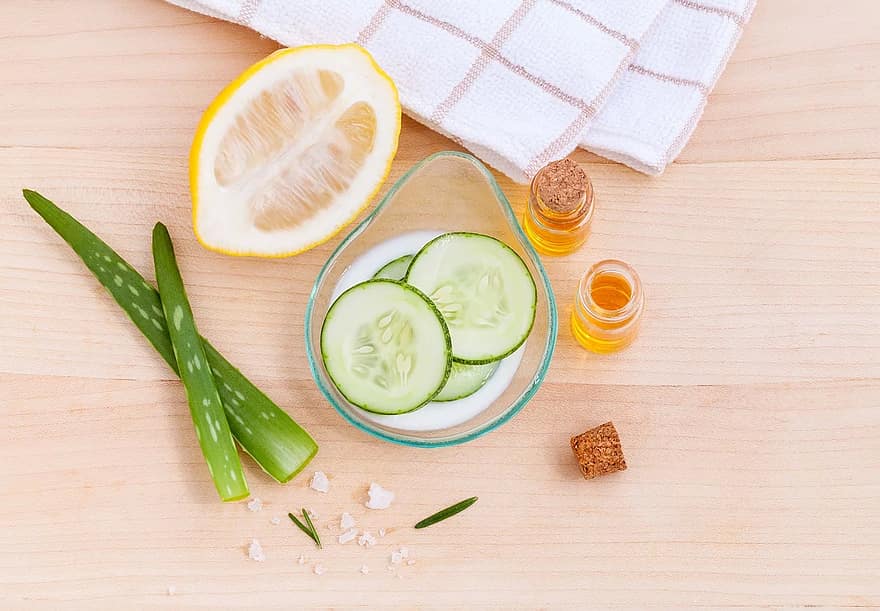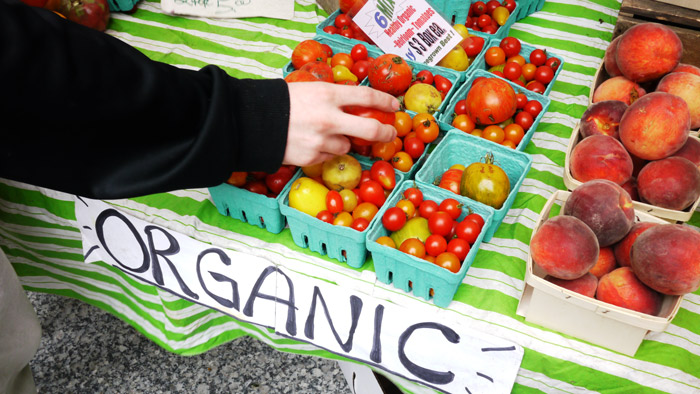6 Tips for Organic Living – “Organic” is a term that is usually reserved for food, but anything can be organic, and some people think that everything should be. While eating organically can be a good start, this article will share additional tips to live the rest of your life just as organically.
Think outside of the kitchen
As mentioned above, you can do more things in your life organically than just eating. Body and hair care products, toothpaste and cosmetics, laundry soaps and cleaning supplies all have organic options on the market.
Better yet, with how popular organic products are becoming, they’re becoming cheaper and easier to find all the time.
Read the ingredients
“Organic” on food labels is strictly enforced by government agencies. That’s not true of other products, however. While nutrition supplement companies and cosmetics makers can’t legally say whatever they want about their ingredients, they’re a lot more likely to get away with stretching the truth than food companies are.
Some products and brands will also use fine print, qualifiers or vague terms to make them sound better than they really are. The only way to know for sure is to read the ingredients.
Know the ingredients
Reading the ingredients only works if you know what the ingredients are. Too many people think that if a product is organic its ingredients will be just a list of common plant names. This is rarely the case.
Some organic and perfectly healthy ingredients have names that can sound scary if you are unfamiliar with them. If you find a term that you are unfamiliar with on a food label, look it up before putting it back.

Go to the right stores
Going to health and wellness stores or local cooperatives will help you to find the best organic brands, but it is also a good place to find resources for learning about organic living. From books and pamphlets to store employees who are more likely to know their way around organic living, these smaller stores offer much more than big-box stores.
Talk to your doctor
Depending on your doctor’s personal feelings, they may or may not be able to direct you towards good organic brands and reliable resources. They will, however, be able to tell you how some organic ingredients are likely to impact your health. Some supplements commonly found in organic products are particularly likely to conflict with certain health conditions or interact with certain medications.
This shouldn’t be much of a problem if you have a clean bill of health and aren’t on any medications, but it still won’t hurt to discuss your transitions into organic living with your primary care provider just in case.
Join a community
There are a lot of books, magazines, and online articles like this one to help you as you move toward living a more organic lifestyle. None of them, however, are likely to be going to answer all of your questions.
There are several online communities, chatrooms, and forums where you can pose your questions to other people who are going through or have gone through a similar transition. While these people are not as likely to have degrees or websites to make them seem reputable, they do have the first-hand experience.
If your new ventures into organic living take you outside of the home, you are also likely to find communities of like-minded people within your own community. By making friends at cooperatives, farmers markets, community gardens, the local library, and other venues, you are likely to meet other people who share an interest in organic living who can help you along the way.
Jayne Bennett
Aromatherapist, Alternative Health Practitioner


